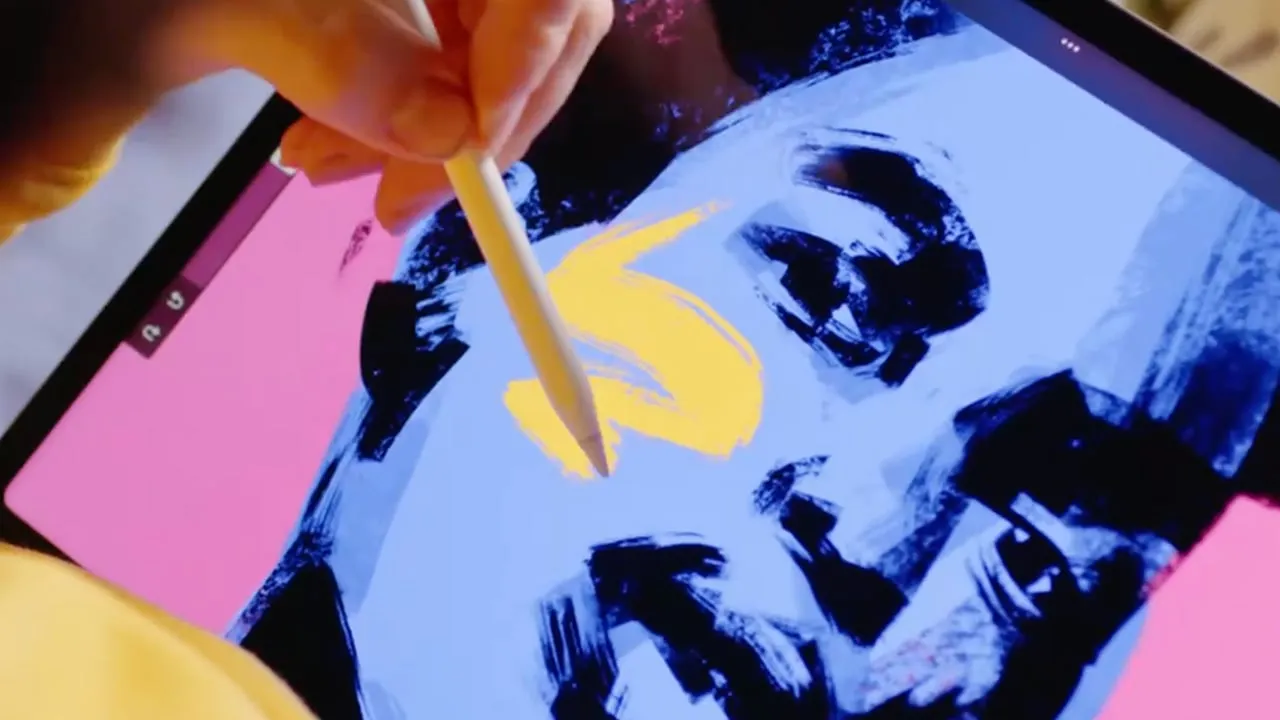"I really fucking hate generative AI," James Cuda, CEO of Procreate, declared in a video posted on X, marking a clear stance on what his app company thinks about Generative AI technology. His statement marks a stark departure from the AI-embracing stance of competitors in the space.
"I don't like what's happening in the industry, and I don't like what it's doing to artists," he continued, announcing that the popular Procreate app for iOS devices won't be jumping on the generative AI bandwagon.
The company doubled down on its position with an official statement published on its website titled “AI is not our future.”
"Generative AI is ripping the humanity out of things,” the statement reads. “Built on a foundation of theft, the technology is steering us toward a barren future.” The company said generative AI is a “moral threat” to human creativity and assured users it will not adopt the technology, it will not access their data, and it will not track their activity—addressing the main concerns that users of design software giant Adobe protested a controversial change in its terms of service earlier this year.
Adobe faced a major backlash over its generative fill feature as users shared concerns about the company having access to their outputs to train AI models. Adobe came up with a clearer license weeks later, but it was difficult undo the damage caused by a PR disaster.
Procreate’s announcement sparked a flurry of reactions across social media. Tech YouTuber Marques Brownlee called it a "fascinating announcement," noting the potential long-term implications of Procreate's decision to forgo AI features entirely. “Take notes Adobe,” he said.
Artist Karla Ortiz, currently involved in a lawsuit against AI company Stability AI, offered enthusiastic support. “This is how a company for artists supports artists,” she wrote. “By respecting and empowering them, not by taking advantage of them.” She also replied to Procreate’s tweet offering her unconditional support.
However, not everyone applauded the decision. Alex Goodwin, co-founder of the Open Model Initiative and former Stability AI staff member, was skeptical.
"That is so obviously a political move rather than an opinion or choice," he told Decrypt.“ They're doing that because they have a lot of users that are anti-AI, and they've seen the backlash other companies have gotten for adding AI features or things like EULA terms to allow training on content, so they made that post to try to get positive press by being the good guys.”
Goodwin said AI is not an enemy of artists.
“AI image generation is a tool for artists to work better and faster, not a replacement of the human,” Goodwin added.
This stance is shared by many artists who put generative AI tools on the same level as any other tool used to create art.
“AI artists use [generative AI] as a tool, just like how a traditional artist uses a canvas, paintbrush or even Procreate, " tweeted pseudonymous AI artist Aunysillyme. “Artists who use AI don’t just say ‘generate an image of a dog,’ Real AI artists work it into their prompt. It comes from their vision of what they are looking to produce.”
“Sometimes it takes hundreds of generations, prompt edits, regional fixes, color corrections, style edits, and much more to get the perfect piece of art that matches an artist’s initial vision,” she added.
Procreate's hard line against generative AI contrasts its use of other AI-driven features. The app incorporates tools like QuickShape for automatic shape correction, ColorDrop for intelligent color filling, and StreamLine for brush stroke smoothing. However, they believe that there’s a line in tech that should not be crossed.
“We think machine learning is a compelling technology with a lot of merit, but the path generative AI is on is wrong for us,” the company said.
Edited by Ryan Ozawa.
Daily Debrief Newsletter
Start every day with the top news stories right now, plus original features, a podcast, videos and more.

